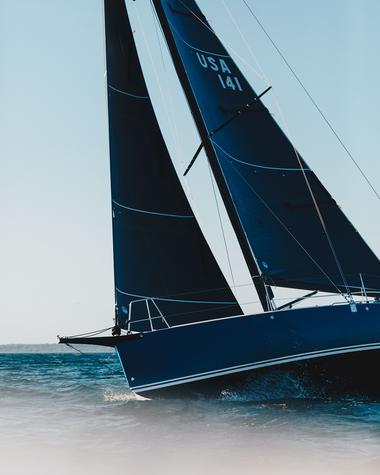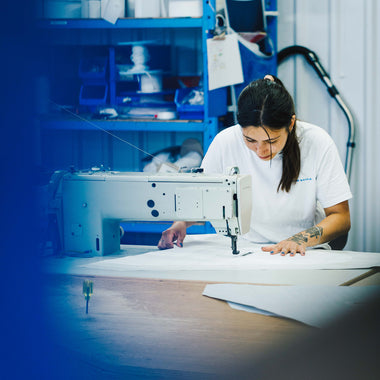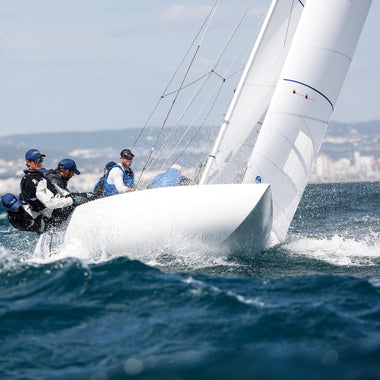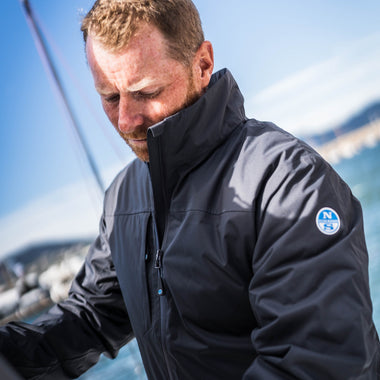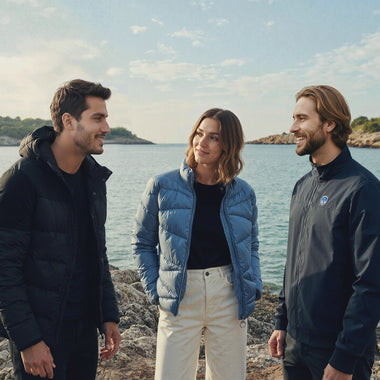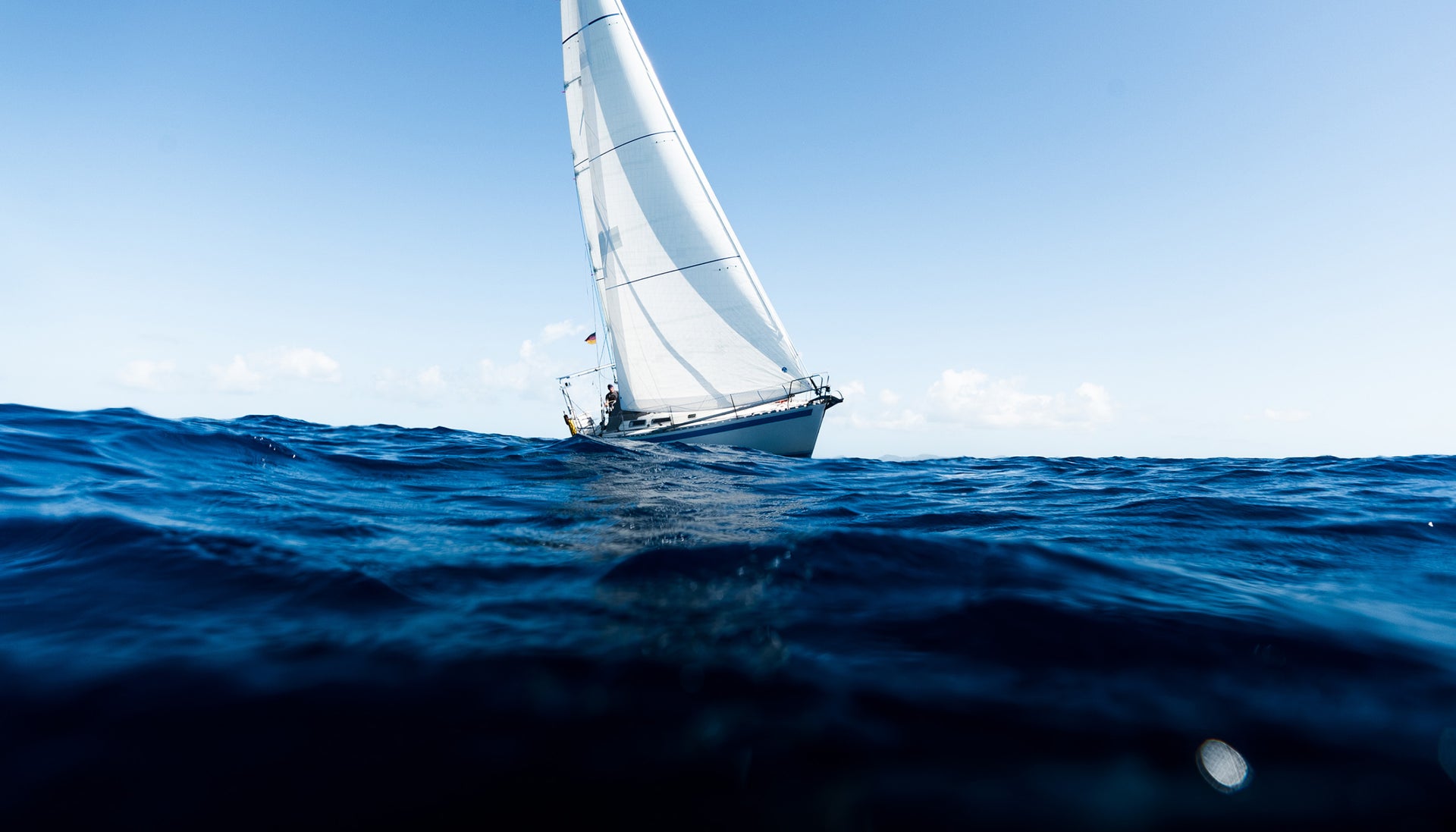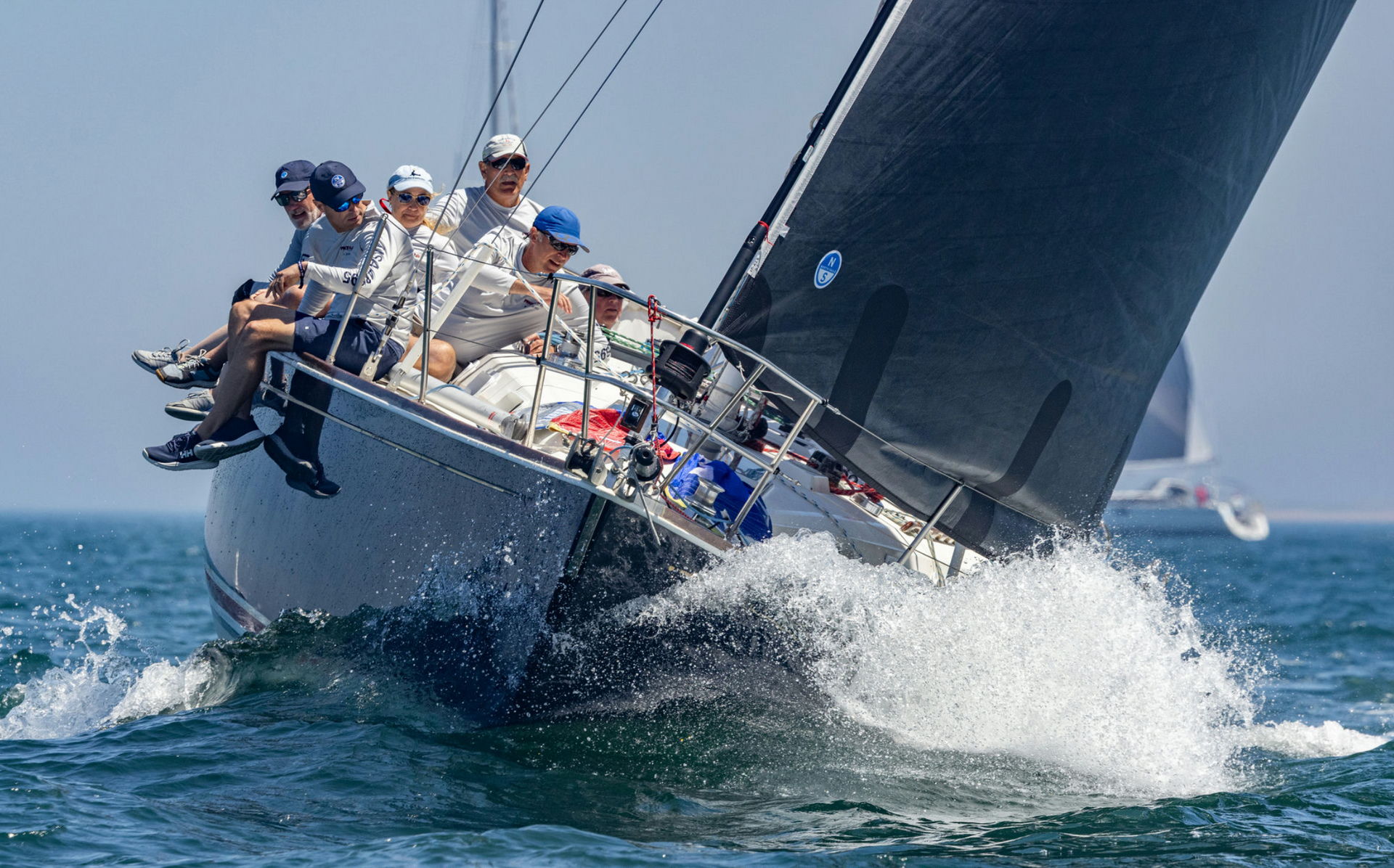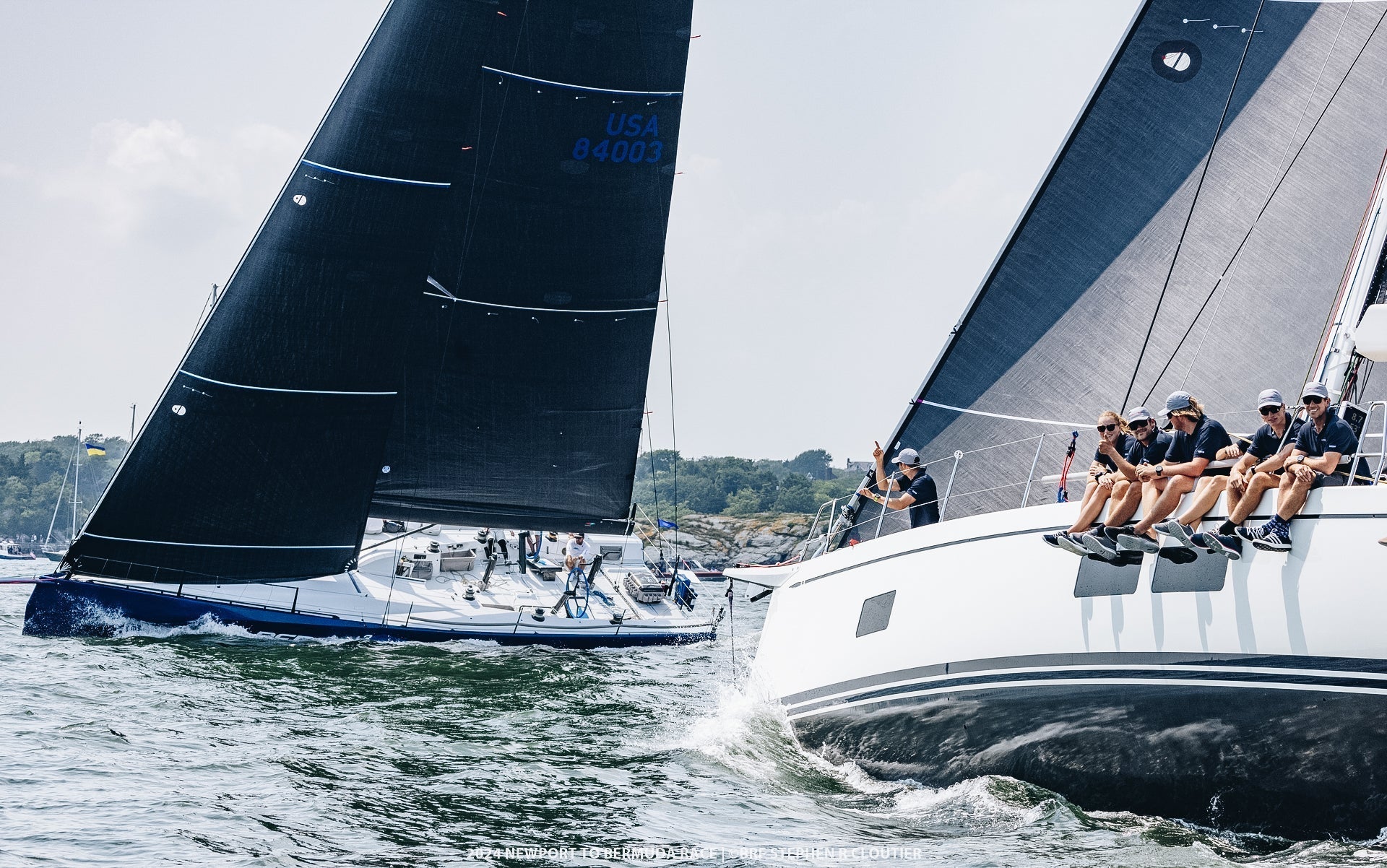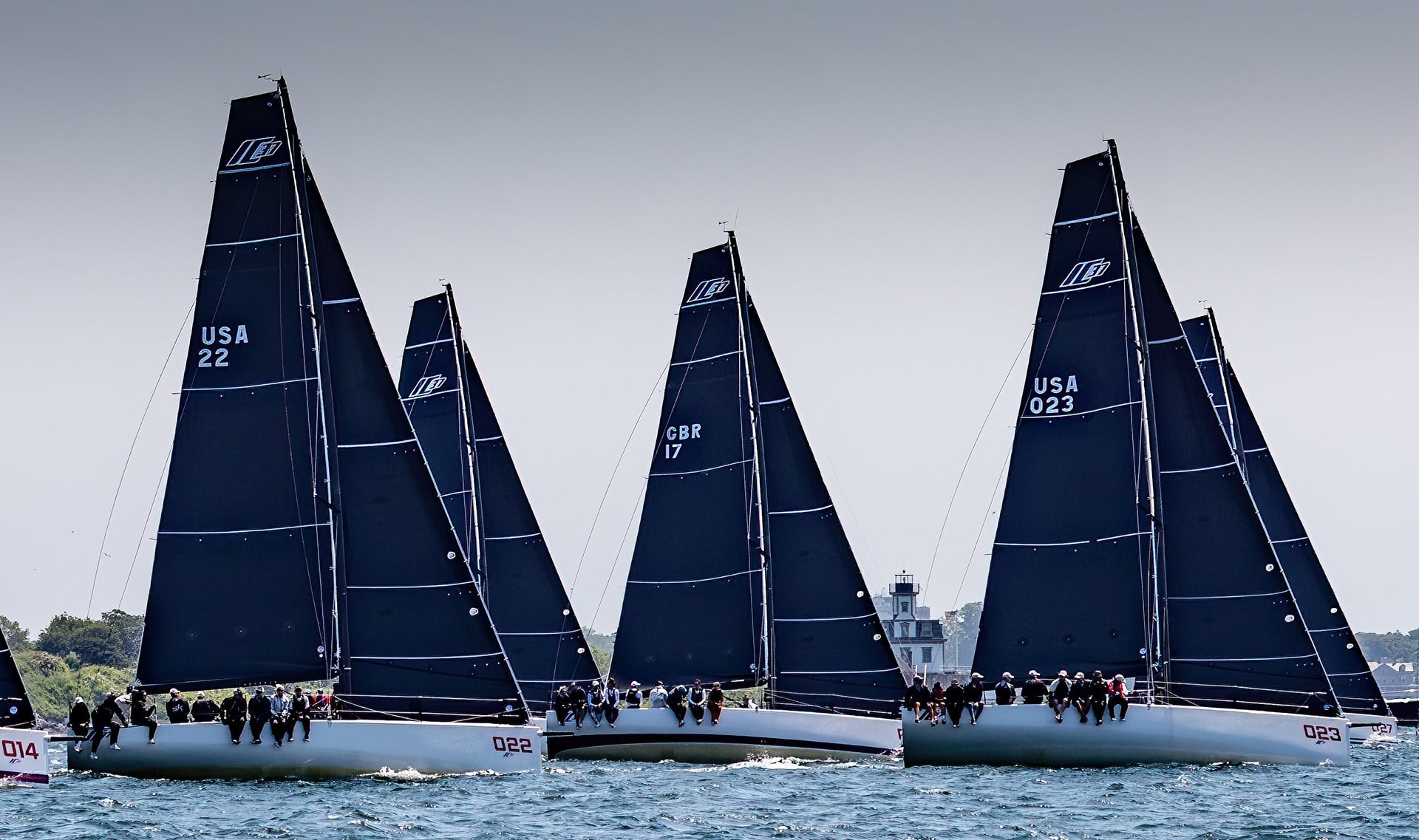BACARDI WINTER SERIES #2: NORTH CLIENTS SHINE
BACARDI WINTER SERIES #2: NORTH CLIENTS SHINE
North Boats Win Both Overall And Corinthian In The J/70 Class

For the second edition of the Bacardi Winter Series in Miami, 25 J/70s and 25 Melges 24s raced in 5-10 knots over two days. The Bacardi happy hours were a hit as always!
North boats took five of the top ten places in the J/70 class. Oivind Lorentzen, Ian Coleman, David Shreiner, and Lucas Calabrese won overall, while Zachary Segal, Ashton Hamerlin, Enrique Quintero, and Piet van Os won the trophy for top Corinthian team. Both winners used the XCS-2 mainsail, the J-2 High Clew Jib and the AP-1 Spinnaker.
North Sails expert Zeke Horowitz sailed on John Heaton’s Empeiria, and he shares some lessons from a light air weekend.
Dynamic sail trim is hugely important.
If the boat isn’t fully powered up, both sails should be adjusted in every slight velocity change or wind shift. Err on trimming too loosely. The upper leech of the jib should be trimmed to the outside spreader mark, while the foot of the jib should be just touching the toe rail.
Fight the desire to feel weather helm!
Especially in light air, it’s common to want some “tug” on the rudder, because weather helm gives you feel. This is not as fast as the uncomfortable feeling of having zero helm. A “dead stick” means no rudder drag, which is fast both upwind and downwind.
Flat is Fast, even in light air.
Sailing the boat with as little as 5 degrees of heel in flat water is ideal. If you don’t have a heel indicator, get one!
Keep the backstay snug enough to avoid the rig bouncing.
Keeping the backstay just snug is good, even in conditions where you aren’t trying to bend the top of the mast. Reducing headstay bounce makes it easier for trimmer and helm to stay in the groove. This goes for downwind too!





